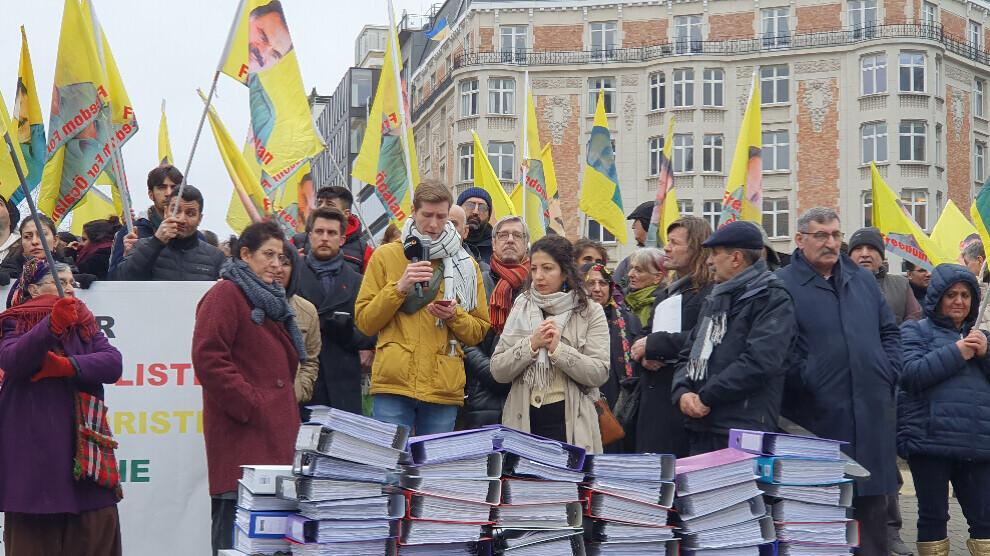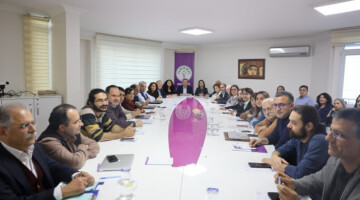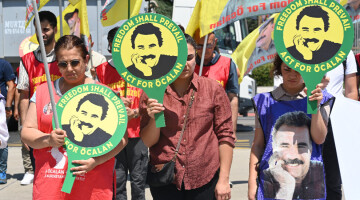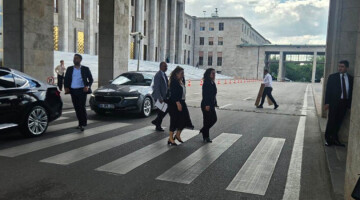The campaign for the removal of the Kurdistan Workers' Party (PKK) from the EU list of terrorist organisations, launched by the international initiative Justice for Kurds in November 2021, has been concluded. The results of the campaign were presented at a public press conference in Brussels on Tuesday. According to the results, three million people supported the campaign to remove the PKK from the list of banned terrorist organisations.
Representatives of various organisations that have actively participated in the campaign also took part in the press conference. Yüksel Koç, co-chair of the European umbrella organisation of Kurdish associations KCDK-E, emphasised that the supporters had sent an important signal with their signatures. Especially in view of the "extermination policy" pursued by the Turkish state in Kurdistan, it is significant that so many people are calling for the PKK to be removed from the EU terror list, said Koç, describing the movement as the "will of the Kurdish people".
"The classification of the Kurdistan Workers' Party as a terrorist organisation serves the Turkish state as a justification for its attacks on Kurds everywhere. In fact, this listing serves Turkey as a guarantor for genocidal measures against our people. A peaceful solution to the Kurdish question is therefore long overdue. This is the prerequisite for a functioning democracy and for stability, not only in Turkey, but in the entire Middle East. The solution to the Kurdish question guarantees the existence and livable future of our people," Koç stated.
The President of the European Left, Walter Baier, expressed his full solidarity with the Kurdish people, their struggle for self-determination and the aims of the Justice for Kurds campaign. "The reason to take the PKK off the EU terror list is actually quite simple: the PKK is not a terrorist organisation. It is the party of the Kurdish people," Baier said. Ludo de Brabander agreed and said that the time had come to reassess the PKK. He added that the peace organisation Vrede was also behind this demand.
After the speeches, the notarised signatures were handed over by a delegation to the EU Commission, the politically independent executive of the EU. The Commission is responsible for drafting proposals for new European legislation and implementing the decisions of the European Parliament and the Council of the EU. The delegation also included the Dutch artist and propaganda researcher Jonas Staal (New World Summit). He designed the People's Parliament of Rojava, which is located in Dêrik in the north-east of Syria.













